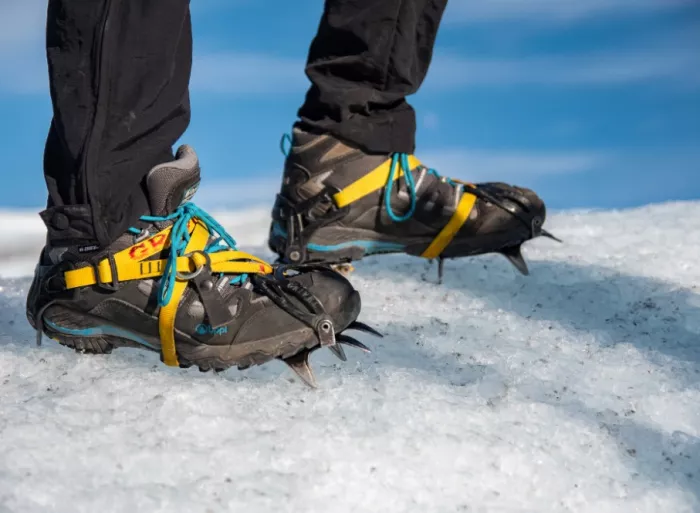



One of the most important questions we receive from our guests is how to prepare for high-altitude adventures when arriving from lowland areas. It is a good question to ask because if you don't prepare, your experiences in the Andes may not go as planned.
The higher you climb above sea level, the less oxygen there is in the air. The oxygen level becomes very low at altitudes above 1500 masl (8,000 ft) and this can cause problems for people who normally live at lower altitudes because their bodies aren’t used to working on so little oxygen. If you stay at a high altitude for a long time, however, your body gets used to the low oxygen level, and the symptoms usually go away.
High-altitude sickness can be serious, with some of the first signs being
More severe symptoms include difficulty breathing even while you’re resting, coughing and liquid in the lungs, confusion, and the inability to walk in a straight line.
Unless you are arriving from other highland areas, we recommend you spend a couple of days in your arrival destination to acclimatize. That doesn’t mean you have to stay in your hotel room all that time, light walking tours are okay for most travelers, but taking it easy is the best way to let your body adapt. Plus, acclimatizing in an urban area will make it a lot easier to see a doctor or find any medicines you might need.
The good news is that after a day or two, most travelers start to feel just fine. If you do experience these symptoms, we recommend that you stop your activity, and if you feel bad enough consider going to a lower altitude until your symptoms go away. We also recommend that you travel with altitude sickness medication, such as the Sorochji pill, acetazolamide, and nifedipine.
A local remedy is coca tea, used for millennia by Andean cultures to diminish the effects of altitude on the body. Ask at your hotel for a cup (or thermos!) of “mate de coca” and you will find that not only is it delicious but it also really helps!
Don’t ignore signs of high-altitude illness. When you have signs of high-altitude illness, don’t go higher until you feel better and your symptoms have gone away completely.
----------------------------
Did you enjoy this article? Would you like to explore one of the most amazing continents on the planet? So be sure to check out all of our tips and itineraries to help you plan an unforgettable trip.
We hope we have been helpful today!
----------------------------